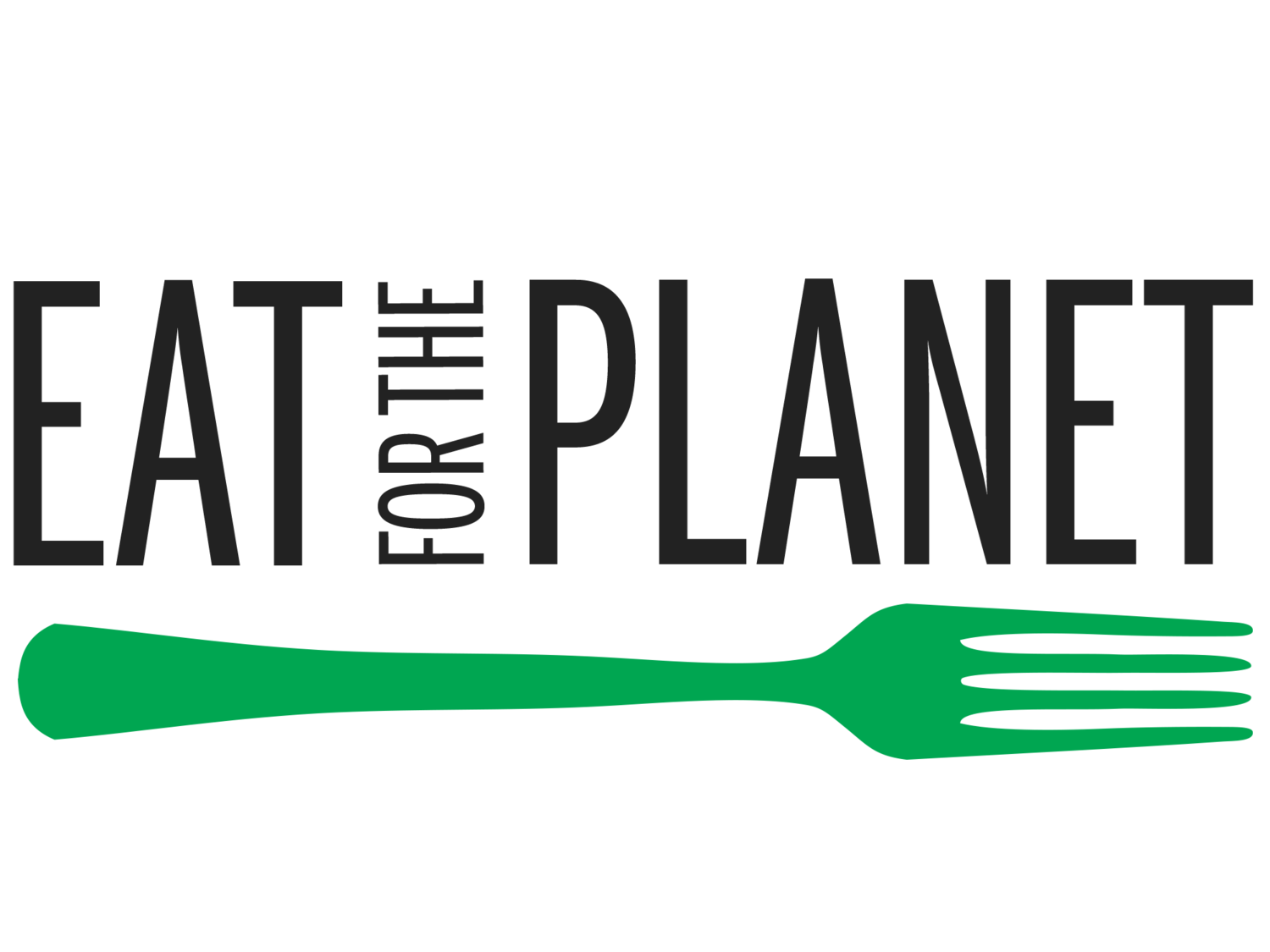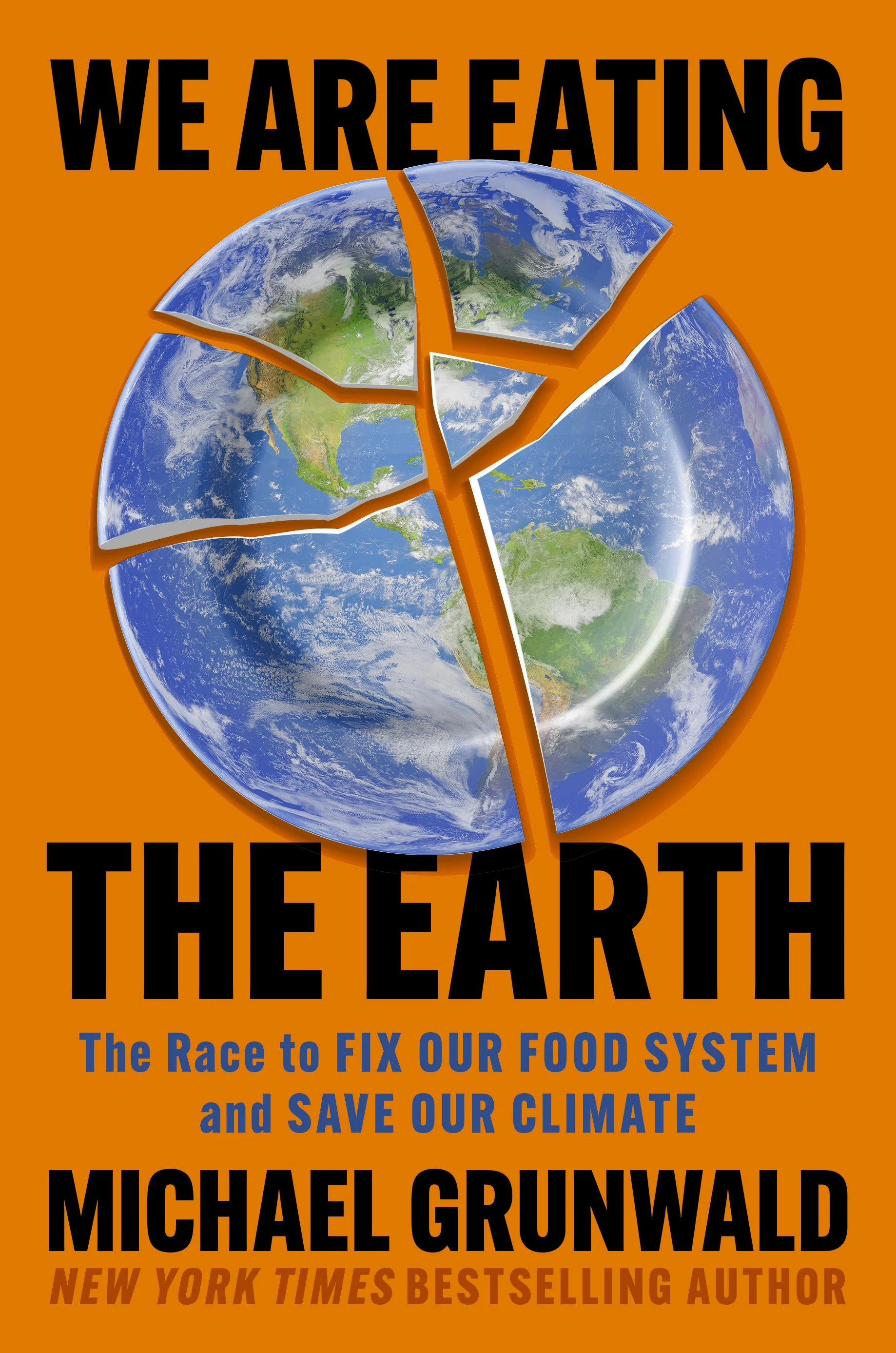Michael Grunwald on What Regenerative Beef Gets Wrong (and Alt Proteins Might Get Right)
Listen Now
Eat For The Planet is available on the following platforms
About the Guest
Michael Grunwald is a best-selling author and award-winning journalist who is now a contributing writer for The New York Times opinion section. On July 1, Simon & Schuster will publish his third book, We Are Eating the Earth: The Race to Fix Our Food System and Save Our Climate.
Over three decades in journalism, Mike has covered American policy and politics as a staff writer for The Washington Post, Time Magazine, and Politico Magazine. He has won the George Polk Award for national reporting, the Worth Bingham Prize for investigative reporting, the Society of Environment Journalists award for in-depth reporting, and many other honors. Mike is also the author of two critically acclaimed books, The Swamp: The Everglades, Florida, and the Politics of Paradise (2006), which was made into a PBS documentary, and The New New Deal: The Hidden History of Change in the Obama Era, which made The New York Times best-seller list.
About this episode
What if the most celebrated ideas in sustainable food—like regenerative beef—are actually part of the problem?
In this episode, journalist and author Michael Grunwald offers a sharp, deeply researched critique of today’s food system and the solutions we tend to romanticize. Drawing from his new book We Are Eating the Earth, Grunwald challenges the hype around regenerative cattle ranching, defends high-yield farming, and argues that land use—not emissions—should be the central lens of our climate food conversation.
We also dig into the promise (and limitations) of alternative proteins, the political and cultural narratives that shape what we eat, and why real food system change will take more than feel-good stories. Whether you’re a climate advocate, a food tech skeptic, or somewhere in between, this episode will push you to rethink your assumptions—and offer a clearer picture of what transformation might actually take.
Key Takeaways
Land matters more than we think. Agriculture uses half the planet’s habitable land—and that has bigger consequences than emissions alone.
High-yield farming can be a climate win. Grunwald argues that intensifying agriculture on existing land is key to sparing nature elsewhere.
Regenerative ag may not scale. While popular in food circles, many regenerative practices aren’t suited for feeding billions without expanding our footprint.
Alternative proteins have real potential. Despite cultural backlash, alt-protein innovation could help decouple meat from environmental destruction.
“Local” and “organic” aren’t always better. Grunwald makes the case that these labels can distract from more meaningful climate metrics.
Fear of food tech is holding us back. From gene editing to microbial proteins, tools that could reduce harm are often dismissed too quickly.
Storytelling shapes policy. The food narratives we elevate—about nature, purity, or tradition—can distort what change actually requires.
Grab Michael's book, We Are Eating the Earth
Check out all episodes of the podcast here
Follow Nil on Twitter @nilzach


